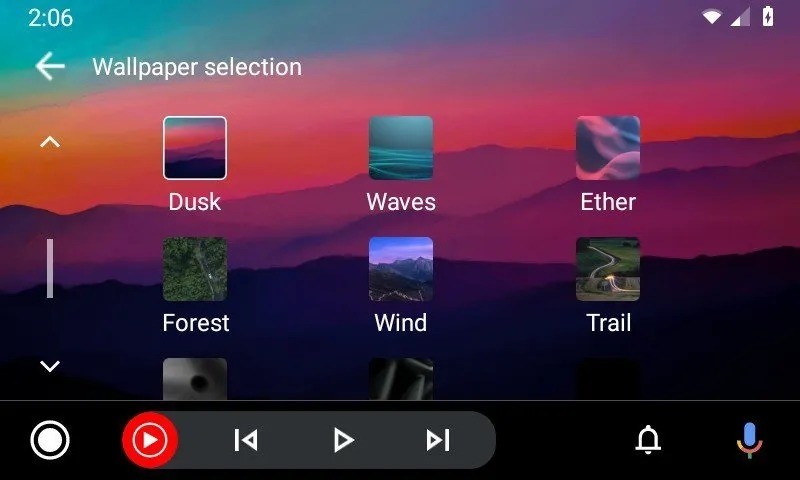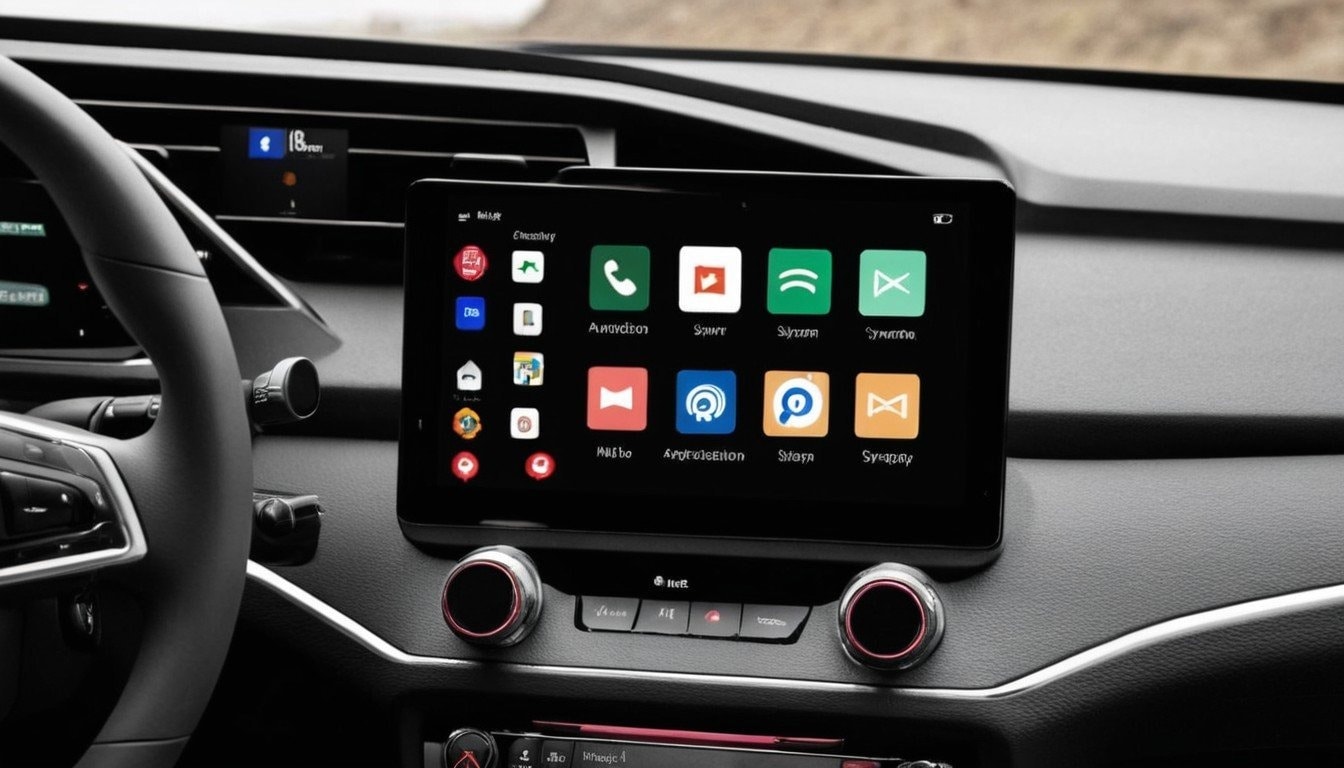Within the automobile industry, tech companies are progressively taking over areas that have historically been dominated by Ford and Toyota. However, these tech giants adopt diverse strategies for their automotive aspirations, with some even venturing into vehicle production to become full-fledged car manufacturers.
Xiaomi has already made its foray into the automotive market with its debut car, while Apple, after initially exploring a similar path, ultimately decided to focus on its core strengths: software and services.
Following a comparable trajectory, Google pursues a strategy aligned with its strengths, as does Huawei, collaborating with domestic carmakers to provide smart software solutions.

Microsoft, in contrast, has shown limited interest in the automotive realm despite previous investments in products that could have facilitated expansion into this domain.
Historically, Microsoft engaged in competition with Apple and Google through its Windows Phone platform, later rebranded as Windows 10 Mobile.
However, Microsoft’s mobile strategy shifted dramatically with the discontinuation of Windows 10 Mobile and the Lumia series, redirecting its focus towards Android and iOS platforms, with some apps subsequently released for iPhone users.
Transitioning from a standalone phone manufacturer to a software developer for Android, Microsoft’s recent venture into hardware with the Surface Duo a device compatible with Android Auto—reflects its acknowledgment of Google’s dominance in the mobile space.
Now, Microsoft appears to be relinquishing its Android strategy without plans to revive Windows Mobile or introduce another phone series.
While Microsoft once harbored ambitions in the consumer mobile market, its current endeavors emphasize enterprise-focused initiatives, such as Azure, powering cloud capabilities for various automotive applications.
As Microsoft continues to pivot away from consumer-focused endeavors, it remains committed to enhancing its mobile apps, albeit within a narrower scope.
Apple has recalibrated its automotive strategy following the discontinuation of its ambitious Apple Car project. Initially conceived as a showcase for Apple’s technological prowess, Project Titan aimed to integrate Apple Maps, Siri, and CarPlay seamlessly into a proprietary vehicle ecosystem.
However, with the project’s cessation, Apple now relies on collaborations with automakers to integrate software solutions like Apple Maps and CarPlay into existing vehicles.
With the impending release of CarPlay 2.0, Porsche and Aston Martin have confirmed adoption in forthcoming models, indicating a continued partnership between Apple and select car manufacturers.
Although Apple considered developing CarPlay as a standalone operating system akin to Android Automotive, it ultimately opted to retain the iPhone-centric experience familiar to users.
While CarPlay 2.0 promises enhanced features, it will only be available in new vehicles due to hardware requirements, signaling a deliberate effort to maintain compatibility with existing Apple devices.
Despite shifts in strategy, Apple’s commitment to automotive integration remains steadfast, albeit within the confines of collaborative partnerships with established automakers.

